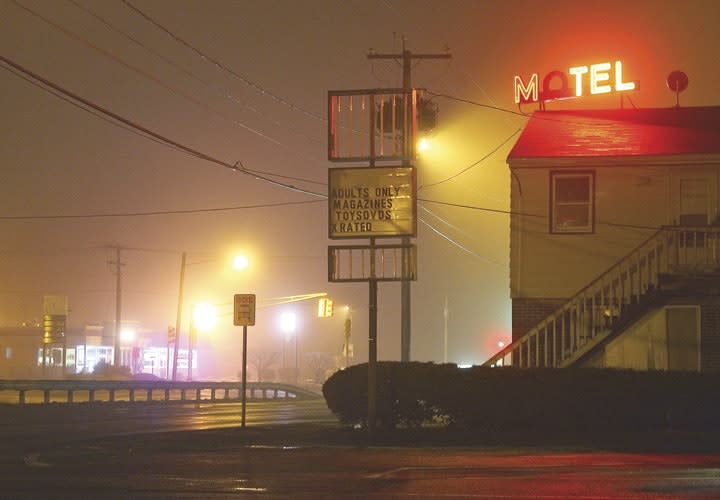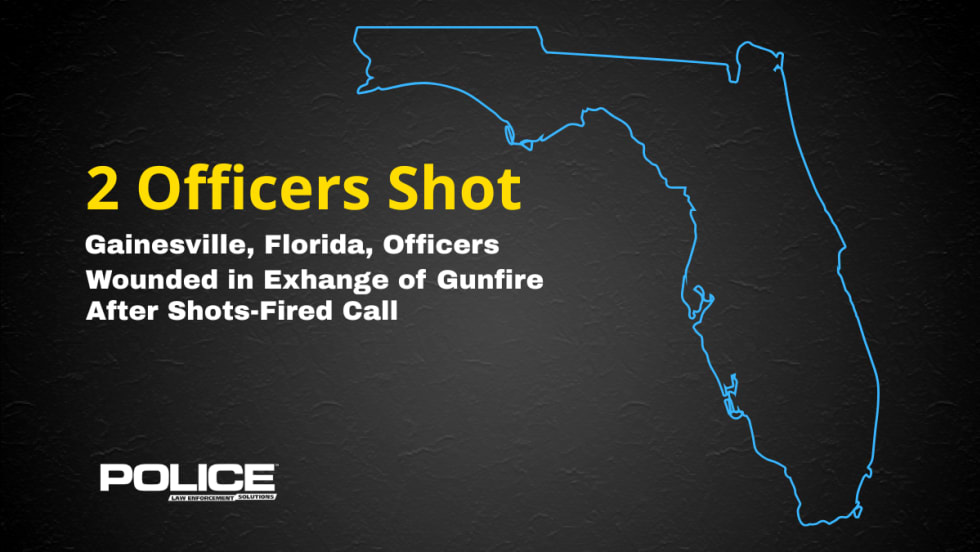If you were a dope dealer and didn't want your customers to know where you lived, where might you set up meets that would keep your transactions out of public view (and therefore out of police view)? If you were a pimp and wanted to traffic young runaway girls to men seeking private access to underage prostitutes, what would be the ideal location? Same question, if you were a smuggler of illegal aliens, or a kidnapper, or an identity thief selling counterfeit credit cards, or a pedophile arranging an Internet seduction of children, or a producer of child pornography needing a "set" for your photos and movies, or any other variety of criminal, looking for a private location where you could commit your crimes in secrecy and anonymity? All of these questions have the same answer: a cheap hotel or motel where no questions are asked and no records are kept for hourly rentals paid in cash.
A city, county, or state interested in deterring the operation of pay-as-you-caper hotels and motels might do what hundreds of municipalities in at least 41 states have done—enact ordinances requiring hotel/motel operators to maintain records of their rentals and to produce these to law enforcement officers for inspection on demand. Trained, experienced police officers could scan these records to spot the names of known criminals, or to identify suspiciously recurring patterns of short-term occupancy by the same individuals. Access to this kind of information is extremely valuable in the efforts to detect crimes, protect victims, and apprehend criminals. Unfortunately, the Supreme Court recently removed this investigative tool by making it subject to impractical procedures and delays that effectively thwart legitimate law enforcement initiative.
Los Angeles v. Patel
Within the boundaries of the City of Los Angeles are some 2000 hotels and motels. Obviously, most of these are reputable establishments whose owners would not knowingly tolerate criminal activity on their premises. And just as obviously, officers of the LAPD learn from their collective experience which hotels fall into this category, and which do not. For example, prostitutes and "Johns" often tell arresting officers which accommodative motels they customarily use to facilitate their tricks; arrested tweakers hoping for leniency often identify the motels where they scored their dope; undercover vice officers are directed by criminal contacts to particular motels for human trafficking transactions; etc.
As they must in all investigative work, police officers focus their attention on individuals, patterns, and locations where past experience and intelligence-gathering give reason to believe criminal activity may be occurring. Requiring motel operators to maintain and produce guest registries serves to deter crooks from using particular venues and allows officers to interdict criminal activity when they recognize in the registries the names of known criminals, registered sex offenders, parolees, and probationers. These public safety objectives were behind a provision of the Los Angeles Municipal Code allowing warrantless inspection of guest registries that the Supreme Court has invalidated.
Naranjibhai and Ramilaben Patel own motels in Los Angeles. They brought a federal suit to declare the Municipal Code section invalid insofar as it required them to turn over their guest registries to police without judicial approval or oversight. By 5-4 majority, the Supreme Court ruled that the statute is invalid on its face, as authorizing an unreasonable "administrative search."
Apparently fearing that police officers would use the statute as a pretext to harass hotel and motel owners (although no evidence in support of this conjecture appears in the opinion), the majority held that production of guest registries may not be legally compelled without a procedure for "precompliance review" (meaning that the motel owner is entitled to have a judicial review of the propriety of a police demand before having to comply with it). The essence of the majority ruling is in the following excerpts from the opinion:
"In order for an administrative search to be constitutional, the subject of the search must be afforded an opportunity to obtain precompliance review before a neutral decisionmaker. Absent an opportunity for precompliance review, the ordinance creates an intolerable risk that it will be used as a pretext to harass hotel operators and their guests. Even if a hotel has been searched 10 times a day, every day, for three months, without any violation being found, the operator cannot refuse to comply with an officer's demand to turn over the registry. [The Municipal Code section] is invalid insofar as it fails to provide any opportunity for precompliance review before a hotel must give its guest registry to the police for inspection."
(The majority opinion gives no basis for the apparent belief that an officer whose 900 previous demands proved fruitless would nevertheless be motivated to continue making them, just to harass a motel operator.)
To satisfy the requirement of a precompliance review, the majority suggested “legislative action to create a procedure" by which officers could issue an "administrative subpoena" for the registry, after which the owner could file a "motion to quash the subpoena" before "an administrative law judge," who would conduct the "required hearing" before the registry need be produced. Such a procedure "reduces the risk that officers will use these administrative searches as a pretext to harass business owners." How much time this process might take is anybody's guess, but it would undoubtedly be long enough to permit criminals plenty of opportunity to vacate the premises and defeat any reasonable chance of successful investigation.
The Dissent
Four justices (Roberts, Thomas, Scalia, and Alito) dissented from the majority ruling. The following excerpts from Justice Scalia's dissent reveal a greater understanding of the realities of criminal behavior and police investigations:
"Motels are a particularly attractive site for criminal activity ranging from drug dealing and prostitution to human trafficking. Offering privacy and anonymity on the cheap, they have been employed as prisons for migrants smuggled across the border and held for ransom, and rendezvous sites where child sex workers meet their clients on threat of violence from their procurers. The private pain and public costs imposed by drug dealing, prostitution and human trafficking are beyond contention, and motels provide an obvious haven for those who trade in human misery. The whole reason criminals use motel rooms in the first place is that they offer privacy and secrecy, so that police will never come to discover these exigencies.
"In San Diego, for example, motel owners were indicted for collaborating with the Crips gang in the prostitution of underage girls. The motel owners set aside certain rooms where the girls were housed, charged the Crips a higher room rate, and warned the gangsters of law enforcement inquiries. Motel owners who conspire with drug dealers and procurers may now demand precompliance judicial review simply as a pretext to buy time [to thwart investigations]. It is quite plausible that the costs of this [precompliance review process] would be prohibitive for a police force. This proposal is equal parts 1984 and Alice in Wonderland."
The Fallout
Officers should consult city, county, or state attorneys as to the effects of this decision on local record-inspection laws, not only for motels, but also for pawn shops, massage parlors, casinos, and other regulated businesses.
Devallis Rutledge is a former police officer and veteran prosecutor who currently serves as special counsel to the Los Angeles County district attorney. He is the author of 12 books, including "Investigative Constitutional Law."













